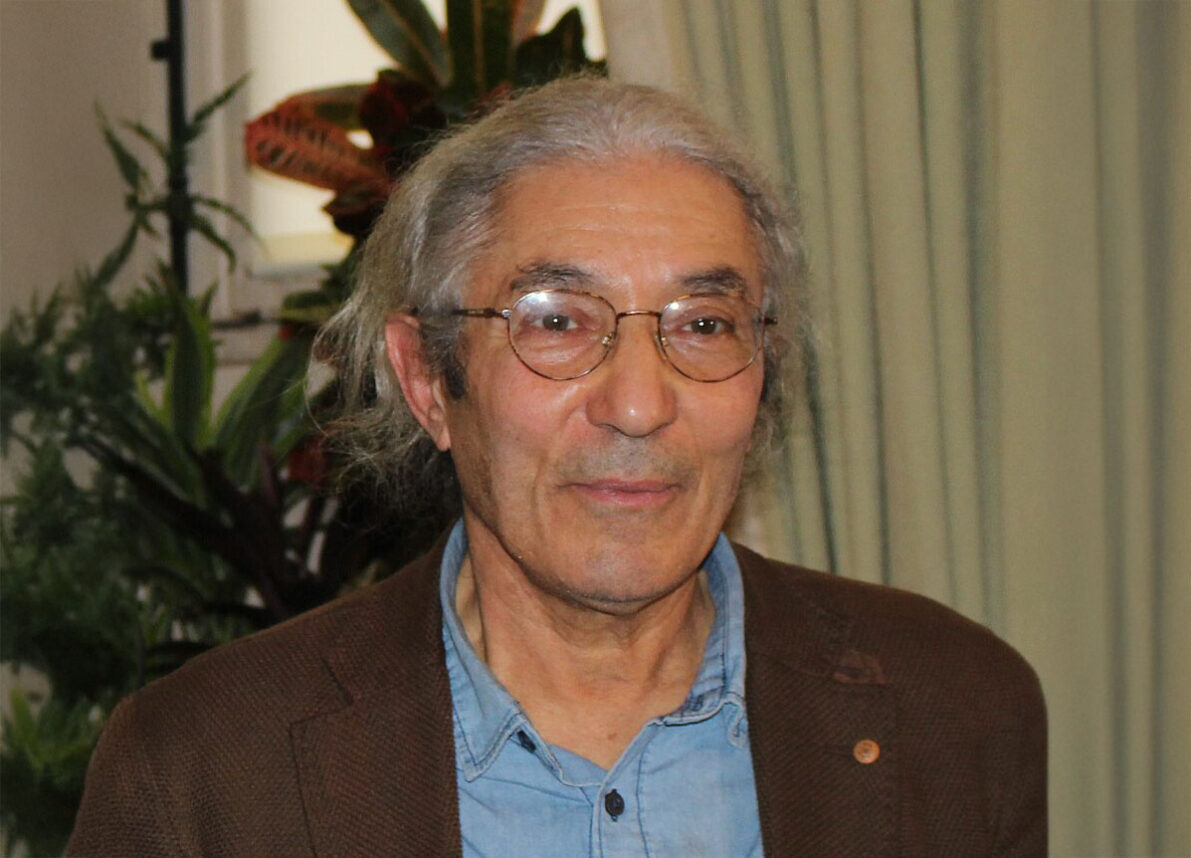As the latest round of Israeli-Palestinian peace talks deteriorates, several Israeli government ministers are asking whether the Palestinian Authority is interested in an agreement.
Israeli Deputy Defense Minister Danny Danon is asking a different question: Is Prime Minister Benjamin Netanyahu pushing a path that is at odds with his own Likud party?
After backing out of a promised release of 26 Palestinian prisoners, Netanyahu reportedly discussed a more expansive deal involving the release of 400 prisoners and a slowdown in settlement expansion. In exchange, Israel would receive an extension of talks and the release of Jonathan Pollard, the imprisoned spy for Israel.
But Palestinian Authority President Mahmoud Abbas instead applied for Palestinian membership in 15 international conventions.
Danon says that Netanyahu’s readiness to offer concessions calls into question his fitness to lead a party that long opposed a Palestinian state. Speaking to JTA in his office in Israel’s Tel Aviv military headquarters, Danon warned Netanyahu against following the lead of U.S. Secretary of State John Kerry and Israeli Justice Minister Tzipi Livni, a staunch advocate of a two-state solution.
“I’m not saying he’s there now, but if you assume he’s adapting the policies of Kerry and Livni, he will not be able to stay in the Likud,” Danon told JTA. “If somebody will adapt a different ideology, he will not be able to stay. When you hear it from all directions, it is problematic.”
An opponent of the two-state solution and the peace process that began with the signing of the Oslo Accords 21 years ago, Danon has emerged as a rival of sorts to Netanyahu within the Likud. He isn’t Likud’s most influential two-state naysayer, but he’s been the most vocal during this round of talks.
Two weeks ago, in a JTA op-ed, Danon wrote that he would resign if Israel went ahead with the planned release of 26 prisoners.
“My interest is to stop the insanity that includes releasing convicted murderers who massacre Jewish families,” he told JTA. “I’m not against the negotiations, but I’m against the price we have to pay only for the pleasure of sitting with the Palestinians.”
Danon’s threat, though, had little effect on Netanyahu. The discussion of an expanded prisoner release was reported in the press after Danon made the vow. No other ministers have since joined him in promising to resign, but Danon said he has no problem being in the minority. His decision, he said, was one of principle.
“I think it’s morally wrong,” he said. “That’s why I decided to stick to my commitment not to be part of such a government. More people will have to ask themselves where they want to be — with Netanyahu basically caving to the American pressure, or trying to present a different approach where we stick to our values and do what is good for Israel.”
Danon and Netanyahu have disagreed on what’s best for Israel vis-a-vis the Palestinians since Netanyahu accepted the principle of eventual Palestinian statehood in 2009. Danon is the chairman of the Likud Central Committee and said he one day hopes to have Netanyahu’s job.
“In politics you have a triangle,” he said. “Every member of Knesset wants to be a minister, and every minister wants to be the prime minister. Whoever is not admitting that is lying to you. I’m on the ladder. I’m playing the political game, and I do want to move up.”
Danon has long advocated annexation of large parts of the West Bank. A majority of Israelis oppose the idea, but he hopes this round of negotiations will sway the Israeli public to his position.
“Many Israelis will open their ears for another option,” he said. “Israelis are willing to pay a price if they will know there is a partner. Today, the Israelis understand there is no partner. So the issue of the price is not relevant.”























 More news and opinions than at a Shabbat dinner, right in your inbox.
More news and opinions than at a Shabbat dinner, right in your inbox.